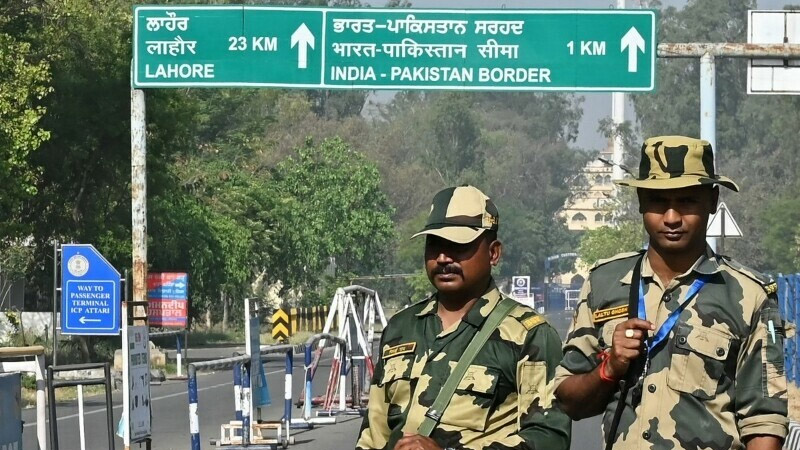
Moon Desk: With South Asia hurtling towards a fresh crisis after the deadly Pahalgam militant attack, Pakistan must be prepared to handle Indian provocations in a measured manner.
After a meeting of the National Security Committee in Islamabad on Thursday, chaired by Prime Minister Shehbaz Sharif, and attended by the top civil and military leadership of the country, the administration has announced a number of steps designed to respond to India’s escalatory rhetoric in the aftermath of the tragic slayings in IHK. While stating in the official readout that “Pakistan
unequivocally condemns terrorism”, the government elucidated a number of tit-for-tat measures. These include a warning to suspend bilateral accords, including the landmark Shimla Agreement, a ban on Indian aircraft over Pakistani airspace, closure of the Wagah crossing, and a reduction in the number of staffers manning the Indian high commission in Islamabad. Significantly, the meeting noted that any attempt by India to prevent the flow of water to Pakistan under the Indus Waters Treaty — which New Delhi has held ‘in abeyance’ — would be considered “an Act of War”.
The Indian state has certainly jumped the gun by blaming Pakistan for its own security lapses, and in the process bringing both states closer to conflict. The Indian media has not helped matters, with its armchair warriors baying for Pakistani blood, and banging the drums of war. India has blamed Pakistan for the tragedy without any credible evidence; in fact, the anti-Pakistan rhetoric began mere minutes after the killings in Pahalgam were reported.
Furthermore, the threat to discard the IWT cannot be taken lightly by Pakistan. As an agrarian state and the lower riparian, with millions depending on river waters for their livelihood, this is a matter of life and death for Pakistan, and illegally blocking river flows by India would be nothing short of a crime against humanity. Therefore, New Delhi must desist from this ill-advised path, and not tinker with the IWT.
From here, the ball is in India’s court. If New Delhi continues on its current path of sabre-rattling, or worse, indulges in military adventurism, the ensuing events may spell disaster for the region. Pakistan will defend its soil; no party should entertain ideas of violating this country’s frontiers. It would be better for the Indian state to reflect on the attack in held Kashmir and reconsider the misguided policies it has been pursuing in IHK. The fact is that Kashmir remains an internationally disputed issue, no matter what constitutional trickery India resorts to. If India continues to deny Kashmiris their fundamental rights, the cycle of violence will continue, and ties with Pakistan will remain bitter. Much will depend on which path India takes; the one of wisdom and reflection, or the one of jingoism and unending conflict.





